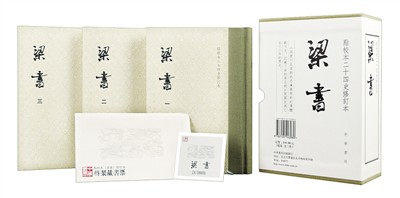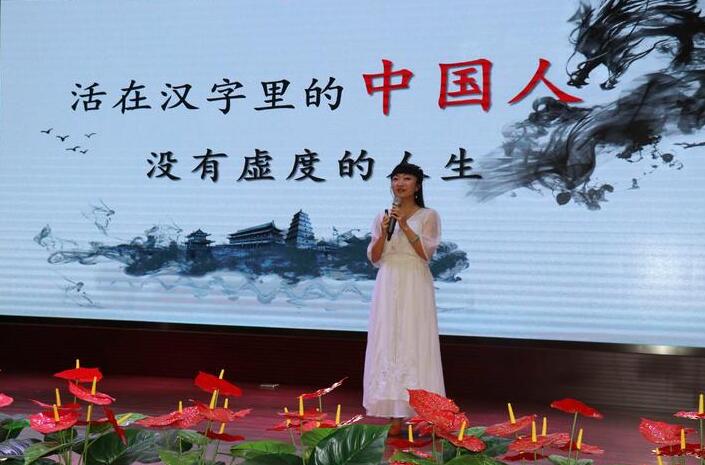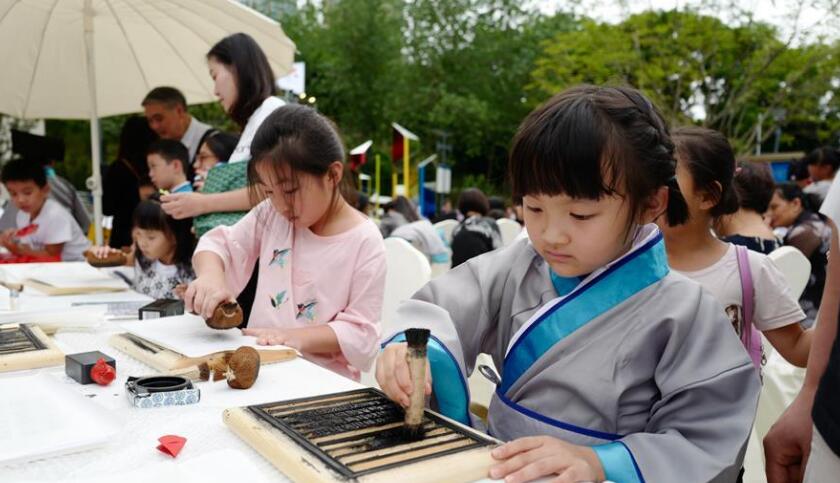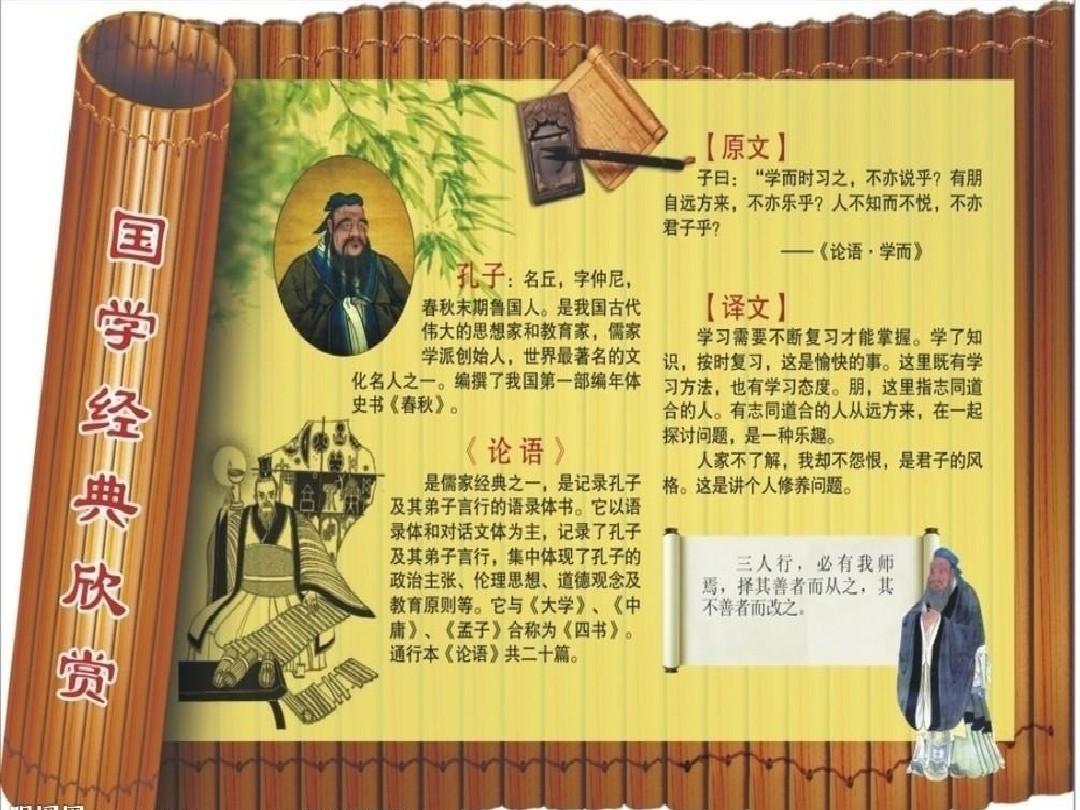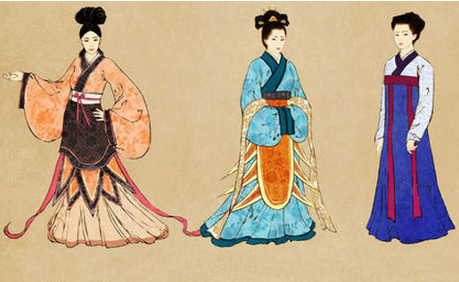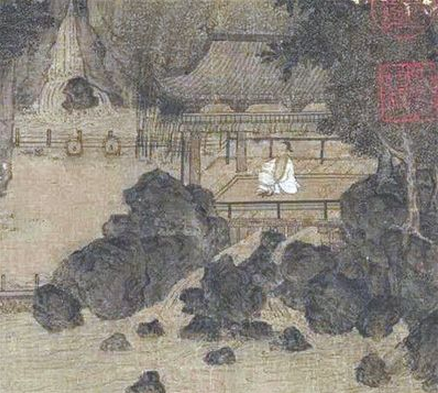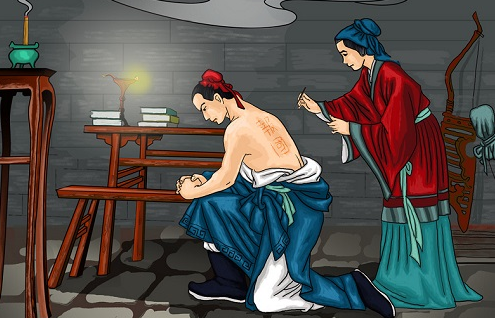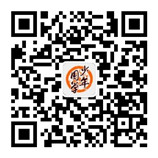
The first day of Chinese New Year officially begins at midnight. It is traditional to light firecrackers and make as much of a din as possible to chase off the evil monster nian. Most importantly the oldest and most senior members are visited with the visits strengthening family kinship. Senior members of the family hand out red envelopes containing cash (Chinese: ya sui qian), a form of blessing and to suppress aging and the challenges of the coming year, to junior members of the family, mostly children and teenagers.
大年初一,金鸡报晓,年初一正式来说应该从大年三十晚零点开始,放鞭炮当然是必不可少的传统,鞭炮声要够响才能驱赶年兽。年初一最重要的是给家中的长辈拜年,然后长辈会给家人、小辈压岁钱,以红包的形式表示祝福,希望能压住岁月的脚步以及来年的挑战。
On the second day, married daughters usually go back to their own family to visit parents, relatives and close friends. Traditionally, married daughters didn’t have the opportunity to visit their birth families frequently.
大年初二,金犬报春,嫁出去的女儿要回娘家给自己的父母和亲朋好友拜年,而在以前传统中,嫁出去的女儿很少有机会回娘家。
On the third day, an old saying goes: "A fat pig at the door", traditionally, the third day is known as "Chigou’s Day". Chigou literally means "red dog", an epithet of "the God of Blazing Wrath", and it is considered an unlucky day to have guests or go visiting. Folklore says the 3rd day is also "rat marriage day" (Chinese: lao shu qu qin), so people often go to bed earlier to give rats time for their wedding.
正月初三,肥猪拱门,也称为“赤狗日”,“赤狗”的字面意思是红色的狗,传说中的赤狗是“暴怒之神”,出门做客或有客上门都认为是不吉利的。民间亦传说初三是“老鼠娶亲日”,所以人们一般早早熄灯睡觉以免扰乱了老鼠们的婚礼。
The old saying "three rams bring bliss" is connected with the fourth day, which says that by making a good beginning a happy end comes. According to folklore, it is also the day to welcome back the Kitchen God. On this day, the Kitchen God would check the household and therefore people should not leave home.
俗语三阳开泰就和正月初四有关了,好的开始意味着有一个幸福的结局,根据民间说法,初四也是迎灶神的日子,在这一天灶神会回来检查每户家庭,所以人们该待在家中。
The fifth day is also called the "day of cow". According to Chinese folklore, the first seven days of the 1st lunar month are respectively called "day of chicken", "day of dog", "day of pig", "day of sheep", "day of cow", "day of horse" and "day of man". When creating all living beings on earth, Nu Wa, a goddess in Chinese mythology, created the six creatures before human beings. The fifth day is also the God of Fortune’s birthday and people will celebrate this day with a large banquet. This day is also commonly known as the Festival of Po Wu, literally breaking five. According to custom, it is believed that many New Year taboos can be broken on this day.
正月初五,艮牛耕春,也被称为“牛日”,据民间说法,正月前七天分别被叫做鸡日、狗日、猪日、羊日、牛日、马日和人日,在中国神话中,女神女娲在创造世上众生时,先造了前六种生物后造人。初五也是财神的生日,人们会在这天好好摆一桌酒菜,这天也被俗称“破五节”,也就是破五的意思,根据习俗,在这一天很多新年禁忌可以被打破。
On the sixth day, people make wishes for "ma dao cheng gong", win success immediately upon arrival. According to tradition, families usually send away the Ghost of Poverty on this day. To send away him, Chinese people will usually throw away their ragged clothes, rubbish and other dirty things. By doing this Chinese people wish to send away poverty and welcome the beautiful days and good luck in the New Year.
正月初六,马到成功,根据传统,人们通常在这一天送走穷鬼,为赶走它,人们通常会将破旧衣服、垃圾和其他脏东西丢弃,希望这样做能送走穷困迎来新一年的美日子及好运。
The seventh day is commonly referred as the "day of man", and in most parts of China people will eat noodles as they symbolize longevity in Chinese culture.
正月初七,人寿年丰,通常被称为“人日”,在中国很多地区,人们在这一天会吃象征着长寿的面条。
The eighth day is believed to be the birthday of millet, an important crop in ancient China. According to folk proverbs, if this day is bright and clear the year will be a harvest year; however, if this day is cloudy or even rainy, the year will suffer from poor harvest. Meanwhile, people also set free captive animals on this day, with a blessing for all living beings to flourish in the New Year.
正月初八,放生祈福,初八被认为是小米的生日,小米是中国古代一种重要的农作物。根据民间俗谚,如果初八天气清明,今年必是丰收年,但如果这一天多云或是阴天,今年将歉收。在这一天,人们也会放生动物,希望众生在新年蓬勃生长。
The ninth day is the birthday of the Jade Emperor. There will be grand ceremonies in Taoist temples on this day, and ordinary families also offer sacrifices to the Jade Emperor.
正月初九,玉皇天诞,这一天在道观会有大典,普通家庭也会祭祀玉皇大帝。
The 10th day is believed to be the birthday of the God of Stone which played a very important role in the agricultural society of ancient China. On this day, people are forbidden to move any stone, including stone rollers, stone mills and herb grinders, and should not cut into a mountain for rock or build a house with rocks, otherwise bad things will happen to the crops.
正月初十,祭石感恩,被认为是石神的生日,在古代中国的农耕社会,石神是一位非常重要的神仙。在这一天,人们不能搬动任何石头,包括石辊、石磨和草本磨床,不应开山劈石或是用石头造房子,否则作物生长会不利。
People make offerings to Zi Gu, the guardian angel for weak women, on the 11th day. This day is also for Yuefu (fathers-in-law) to entertain Nuxu (sons-in-law). In many areas, after this day, people will start preparing for the upcoming Lantern Festival which is on the 15th day of the 1st month.
正月十一,祭奉紫姑,紫姑是弱势女性的守护神,这天也是岳父招待女婿的日子,很不少地方,这天过后人们便开始为正月十五元宵节做准备。
Families buy lanterns and build a lantern shack on the 12th day.
正月十二,挑买灯笼、搭建灯棚。
On the 13th day, preparations for Lantern Festival continue.
正月十三,继续为元宵节忙碌置办。
The 14th day is the birthday of the Goddess of Linshui, who is believed to protect women from dying in childbirth. People make offerings to the goddess on this day.
正月十四,娘娘诞辰,邻水女神是难产而死女性的保护神,在这一天,人们祭拜这位女神。
The 15th day of the 1st lunar month is commonly celebrated as Yuan Xiao Jie, or Lantern Festival. The festivities of the Chinese New Year reach a climax on this day. Since early morning, dragon and lion dancers parade on streets crowded with people. In the evening families go out together to enjoy the full moon and appreciate colorful lanterns and also solve lantern riddles. Chinese people also eat yuan xiao, a traditional food made of glutinous rice flour which symbolizes family togetherness and reunion.
正月十五,也叫元宵节,张灯结彩,中国农历新年在这一天达到高潮。大清早街道上就有舞龙舞狮表演,到了晚上一家人一起出去赏月、赏灯、猜灯谜。在这一天,人们要吃一种用糯米粉做成的传统小食元宵,象征家庭和睦、团团圆圆。
This day officially marks the end of Chinese New Year celebrations.
这一天也就正式标志着中国传统新年庆祝活动的结束。
来源:China Daily官网

